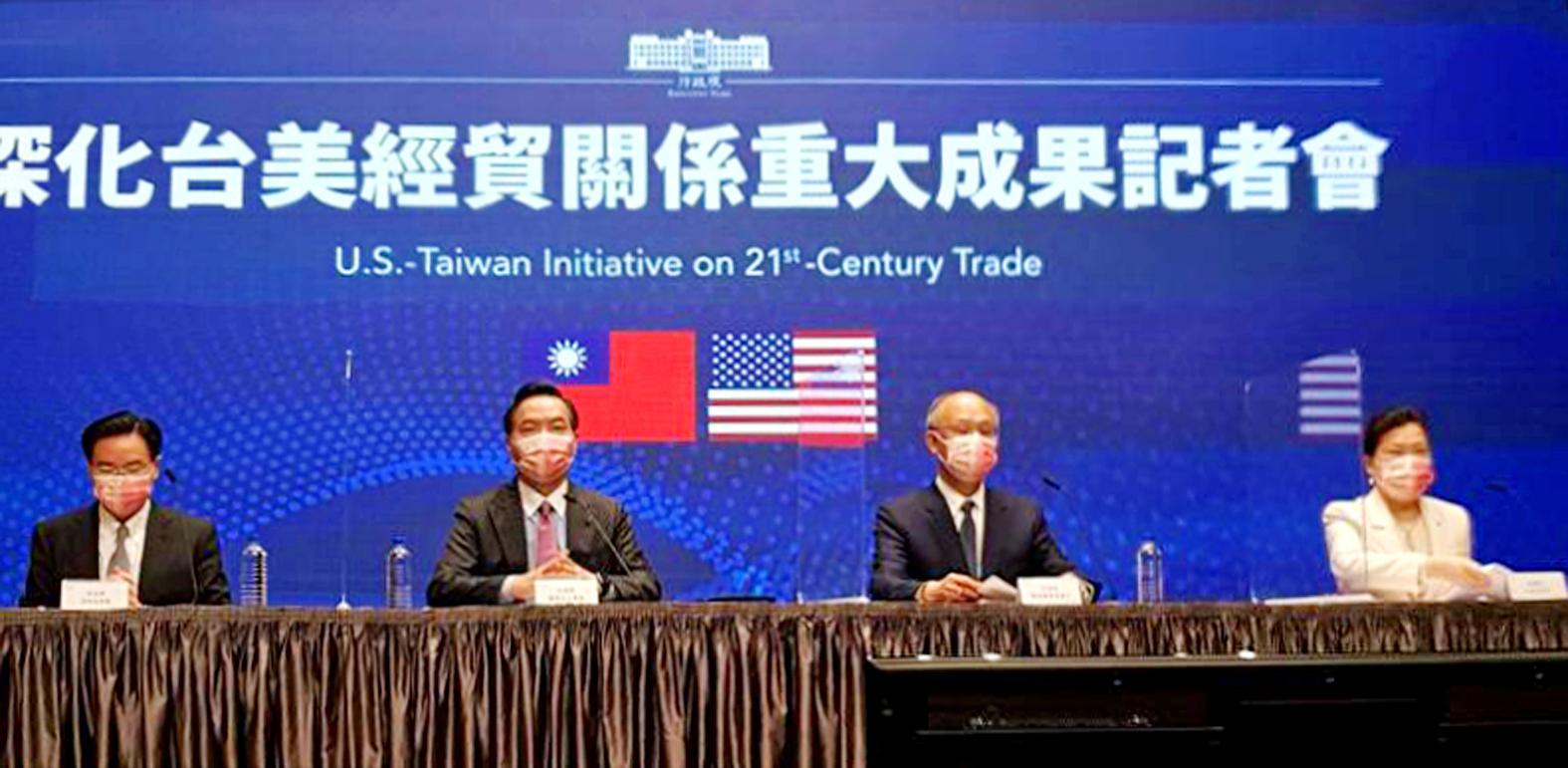

The United States and Taiwan will conclude trade talks today under the US-Taiwan Initiative on 21st Century Trade in New York.
Announced in June, the initiative is the first major bilateral trade cooperation between Washington and Taipei since the 1990s. While China has bemoaned the direct negotiations between the two, the initiative keeps with the Biden Administration’s vocal support for strengthening relations with Taiwan, especially since the Russian invasion of Ukraine.
The trade initiative is the latest example of the widening geopolitical gap between the US and China on Taiwan. In August, US Speaker of the House Nancy Pelosi visited the island, which sparked a response of live-fire drills from China. In October, the CCP’s 20th National Congress saw the formal incorporation of an amendment opposing Taiwanese separatism into its constitution.
While it is unlikely that the talks will produce anything beyond conceptual designs for expanding imports and exports, it is perhaps a crucial first step towards a future US-Taiwan free trade agreement. A proactive move in Taiwan policy by the US, the desire to further incorporate Taiwan into the US and, by extension, global economies is likely to raise the geopolitical stakes of a potential Chinese invasion of the island.
Scott is an Analyst at Foreign Brief and works in International Development in Washington DC. His specific interests are geopolitics, regional conflict and governance, and political and economic development, and his geographic focus is Sub-Saharan Africa.

